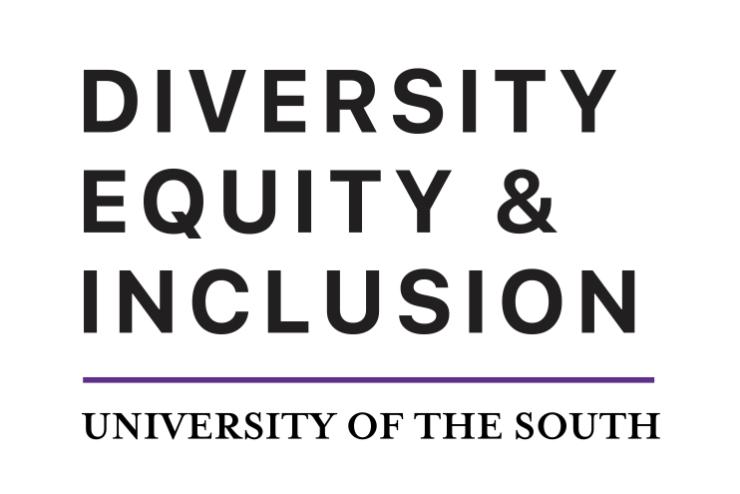
Division of DEI Staff
Our people make the difference.
Everyone is treated with mutual respect and dignity regardless of difference and to feels a strong sense of belonging, connection, safety, and value within our community.
To foster an equitable and inclusive living, learning, and working environment that allows each member of our community - students, faculty, and staff - to thrive. We achieve this mission by integrating equity, fairness, and care into our campus culture and institutional policies, practices, and programs.

Our people make the difference.
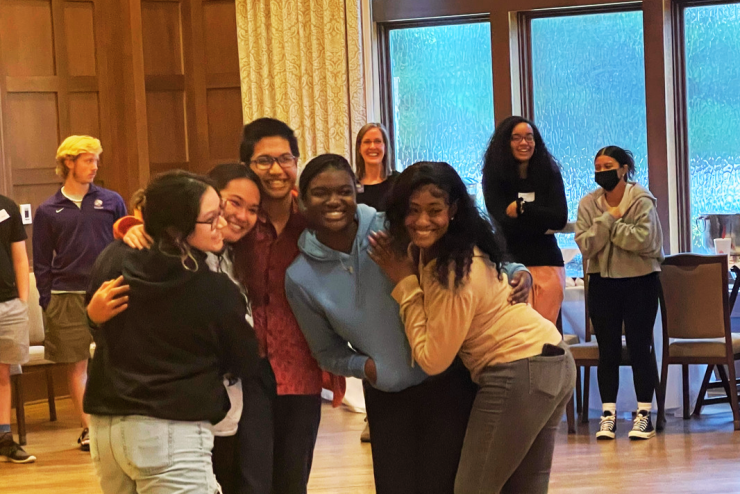
The university is committed to fostering diverse, equitable, and inclusive living and learning environments for all student populations.

The University of the South is dedicated to creating an environment free of discrimination.
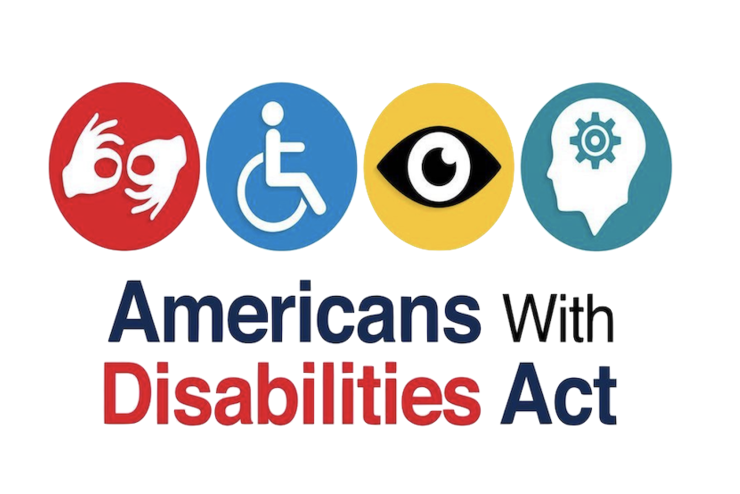
ADA Mission: The ADA Office works to ensure compliance with state and federal disability law; as well as advocating for access beyond compliance on the domain.
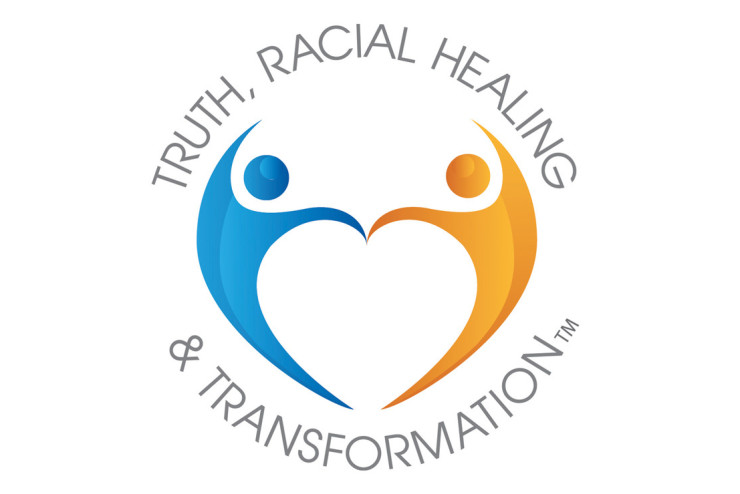
Sewanee's TRHT Campus Center is focused on four goals:
The Committee on Diversity, Equity, and Inclusion (CDEI) serves as the advisory and recommending body to the Vice Provost of Diversity, Equity, and Inclusion/Chief Diversity Officer.
In November 2021, in recognition of National Indigenous/American Indian Heritage Month, the Office of Diversity, Equity, and Inclusion launched the Indigenous Engagement Council (IEC), which has become the Indigenous Engagement Initiative (IEI).
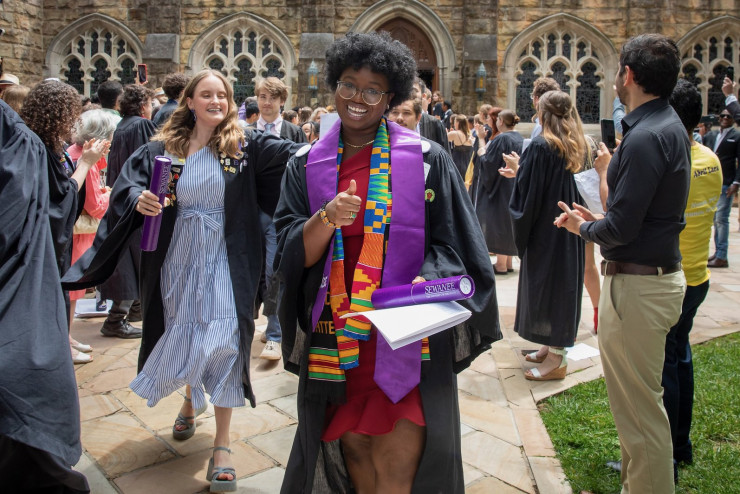
Support from generous benefactors helps to sustain and drive our mission forward, contributing to a campus that is welcoming and inclusive for all. Please consider donating today.
Are you planning to bring a lecture, program, or other event to campus that connects to the values, vision, and mission of DEI that you would like for us to sponsor? Or are you hoping that Dr. Anderson-Thompkins will speak at an event? Click one of the links below to make a request!
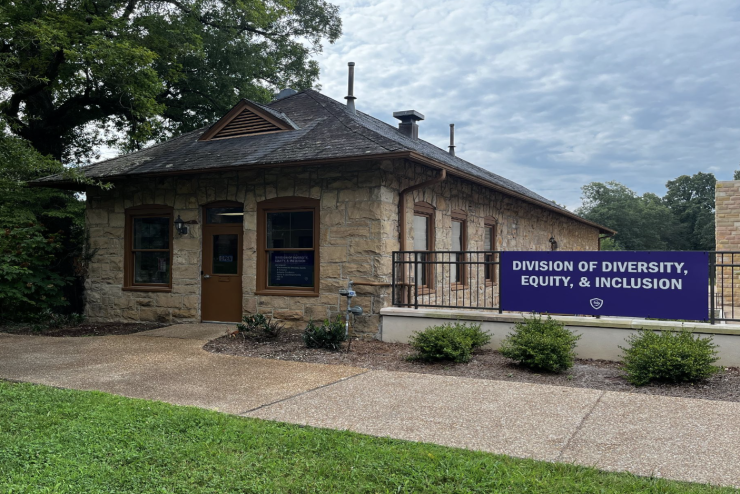
We welcome visitors to our offices in the EQB Building anytime Monday through Friday between the hours of 8:30 a.m. and 4:30 p.m. Stop by and get to know us or reach out to us at 931-598-1496!